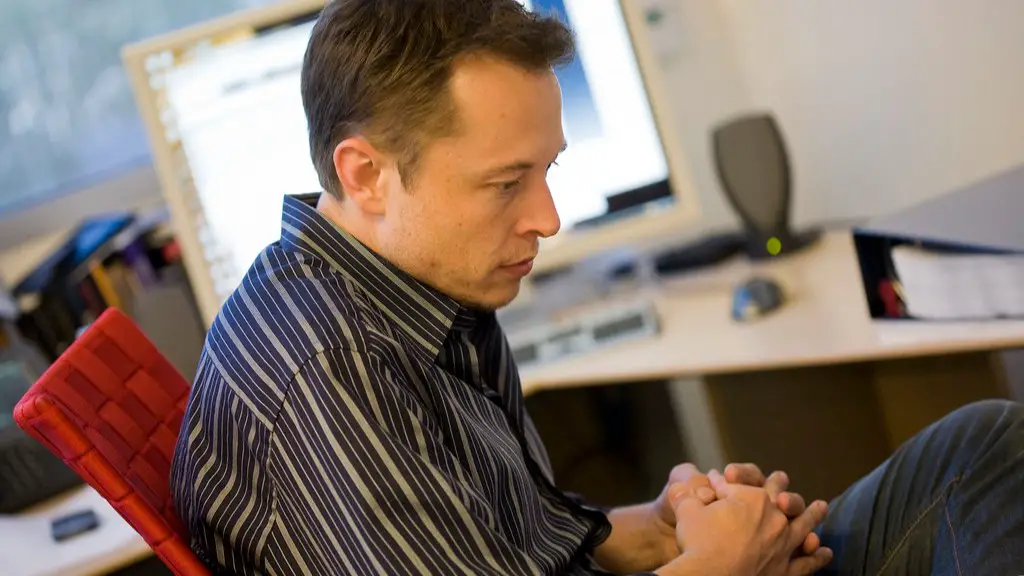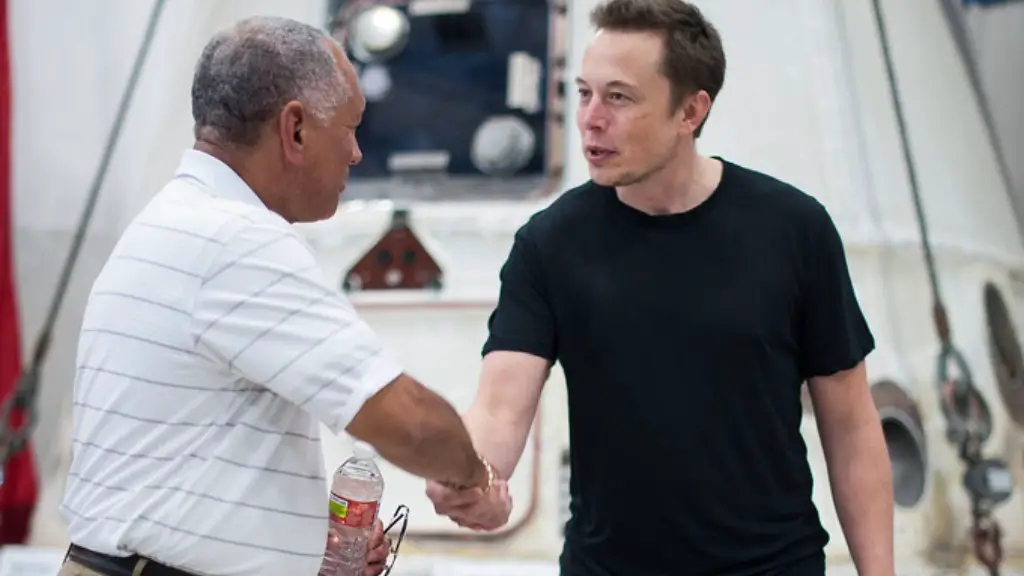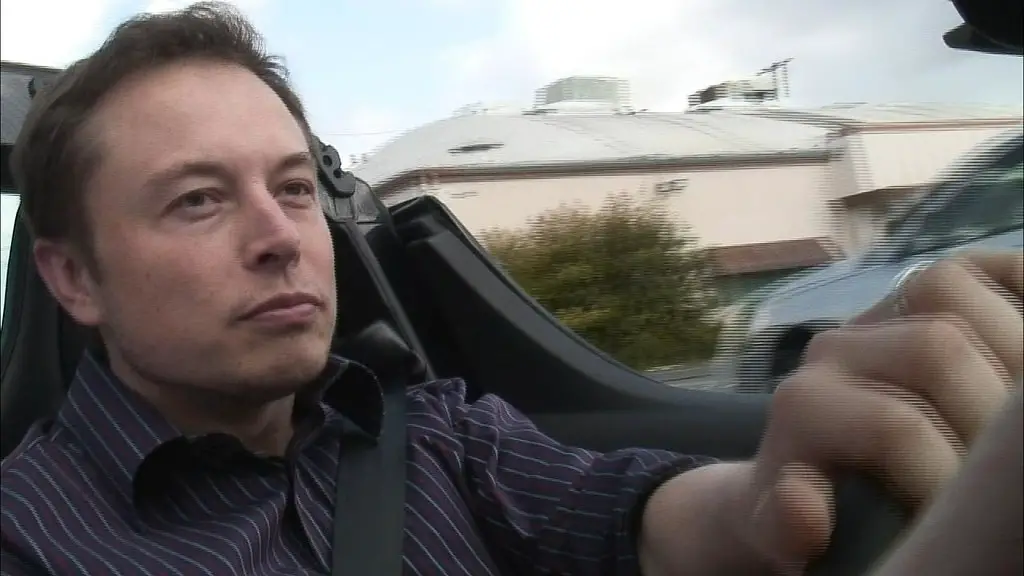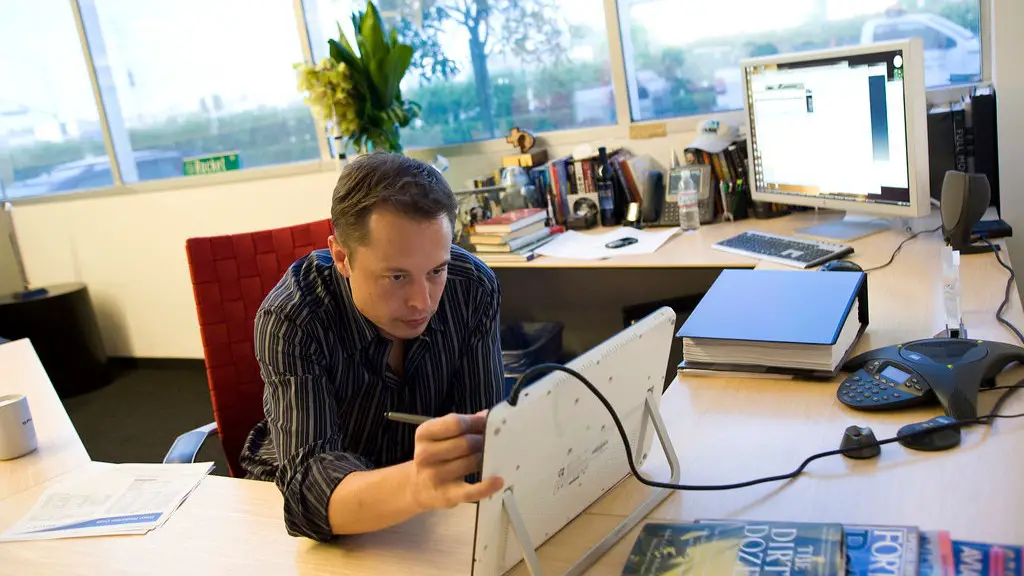The early years
Elon Musk, founder of Tesla and SpaceX, has become a household name for his pioneering role in the technology sector. But few people realize the humble beginnings of this entrepreneur and engineer. Born in South Africa, Musk moved to Canada in 1989 and later attended Stanford University. After dropping out of the University, Musk founded Zip2, a software company he then sold to Compaq Computers in 1999.
Musk was certainly no stranger to success in the early days. As the owner of Zip2, he took a small start-up and grew it into a multi-million dollar business. His first big exit provided the cash influx needed to pursue other ventures.
eBay Acquisition
In 1999, Musk co-founded X.com, one of the early pioneers of online payments. A year later, X.com merged with another company and became PayPal. The same year, PayPal was acquired by eBay for $1.5 billion in stock. Musk ended up with 11.7% of the company, representing the bulk of the $165 million he received for the sale of X.com.
Following the acquisition, Musk invested the proceeds from his share of the sale into companies like Tesla Motors, SolarCity and SpaceX. Musk has since become a driving force behind the fields of renewable energy and space exploration.
Renewable energy investments
Musk’s success in the technology sector allowed him to make significant investments in renewable energy. He founded SolarCity in 2006, and in 2008, he took over as chairman of Tesla Motors. Musk is now the CEO of both companies, and both have been instrumental in revolutionizing the energy industry.
SolarCity provides solar energy solutions to residential and commercial customers, while Tesla manufactures electric cars. Both companies have been hugely successful. Tesla has become one of the most valuable companies in the auto industry, while SolarCity is now the largest provider of solar energy in the US.
Space exploration
In 2002, Musk founded SpaceX, a private aerospace manufacturer, with the mission to make space exploration more accessible and affordable. The company has since designed, developed, and deployed dozens of rockets, and has made multiple trips to the International Space Station. On May 30th 2020, SpaceX launched two astronauts into space in the first ever mission from a private company. The company is now valued at over $36 billion, making it one of the most valuable private companies in the world.
SpaceX has disrupted the space industry, not only by reducing launch costs, but also by making space exploration more sustainable. Musk’s vision to reduce the cost of rockets to make space exploration more affordable has made SpaceX the leader in the field.
Innovative leadership style
An important part of Musk’s success has been his design thinking approach and innovative leadership style. He uses the same design thinking methods and engineers’ mentality to create new products, services, and businesses. This approach has proven to be successful for many of his ventures. Musk also prides himself on taking risks and pushing boundaries to achieve success.
He challenges himself and his team to take risks that others can’t imagine. He is also a firm believer in the power of technology to make the world better. Musk has become well-known for his ambitious and bold vision of the future, and his accomplishments are a testament to his innovative leadership style.
Becoming a billionaire
In 2020, Musk made headlines for becoming the second-richest person in the world with a net worth of over $100 billion. Most of his wealth is tied to Tesla, which is now one of the most valuable companies in the world. Musk has also seen success with SpaceX, which recently launched the world’s first private mission to space.
Musk’s success is a testament to his entrepreneurial spirit, innovative thinking and ability to take risks. Musk’s fortune is a result of decades of hard work and dedication to building companies that can revolutionize the way we live.
Criticism and controversy
Musk has long been the subject of controversy and criticism. He has been accused of using his platform to spread misinformation and to act unethically. Musk has also been criticized for his tendency to overstate the capabilities of his products and services and for his outspokenness on social media. Musk’s critics also point out that he is often too focused on his vision and overshadows the importance of the team behind it.
Despite the criticism, Musk has been an undeniable force in the technology sector and has revolutionized many industries. His achievements have made it possible to dream of a future where space exploration is a reality, renewable energy is more accessible, and electric cars are the norm. He has made a name for himself as an ambitious and innovative leader and a symbol of success.
The philanthropic impact
Musk’s philanthropic efforts are often overshadowed by his controversial public statements. He has founded several organizations that focus on environmental, educational, and health-related causes. Some of his most notable philanthropic activities include funding the development of a rapid transit system, providing clean water to impoverished communities, and donating to organizations fighting climate change.
Musk’s philanthropic activities have had a positive impact on the world and have demonstrated his commitment to making a difference. He has also pledged to donate the majority of his wealth to philanthropic causes, and is reportedly the largest donor to the XPRIZE foundation, which works to advance science and technology.
The cost of success
Musk’s enormous success has come with a hefty price tag. He has been criticized for flouting labor laws and disregarding employee safety in pursuit of his ambitions. Moreover, Musk’s commitment to his vision has pushed him to the brink of exhaustion, leading him to take extended breaks from the companies he leads.
Despite the criticism, Musk remains a symbol of entrepreneurial success and a leader of innovation. His accomplishments have redefined the boundaries of what is possible and continue to inspire many entrepreneurs and innovators.
Environmental impact
Musk’s impact on the environment goes beyond investing in renewable energy. His companies, particularly Tesla and SpaceX, have made substantial strides to reduce CO2 emissions and mitigate the effects of climate change. Tesla has consistently been one of the leading electric car makers, providing an eco-friendly alternative to gasoline-powered vehicles.
SpaceX has been a leader in the field of space exploration, developing reusable rockets and spacecraft to reduce the cost of space travel. SpaceX’s work has made space exploration more accessible, potentially opening the door for new opportunities for space exploration.
Attempting to Mars Colonisation
Musk’s ultimate goal is to colonise Mars, as he believes humans must become a multi-planetary species in order to survive. To this end, SpaceX has been developing and testing its Starship rocket, which is intended to be the most powerful rocket ever built, capable of transporting humans to other planets. Musk is confident that space travel will eventually become commonplace, allowing humans to explore new worlds and begin the process of colonising Mars.
Musk is one of the few entrepreneurs whose ambition is not limited to what is possible on earth. He is determined to move beyond the boundaries of our planet, and he has the drive to make this dream a reality.
Conclusion
Elon Musk has established himself as one of the most ambitious and innovative entrepreneurs of our time. His investments in renewable energy, space exploration, and philanthropic causes demonstrate his commitment to making the world a better place. Musk’s innovation, determination, and ambition have made him a symbol of success and inspired entrepreneurs around the world.





